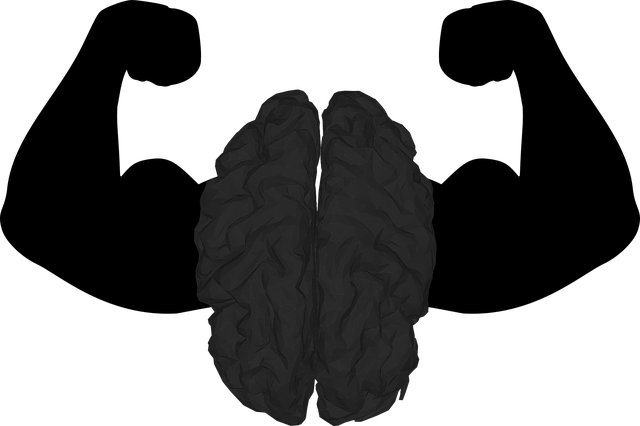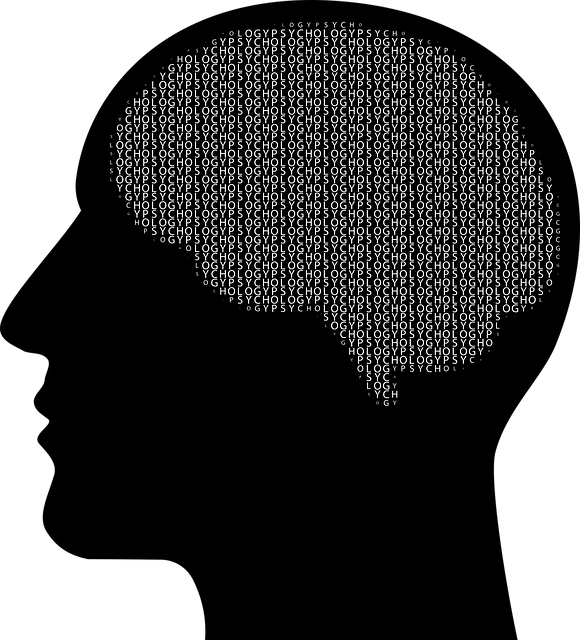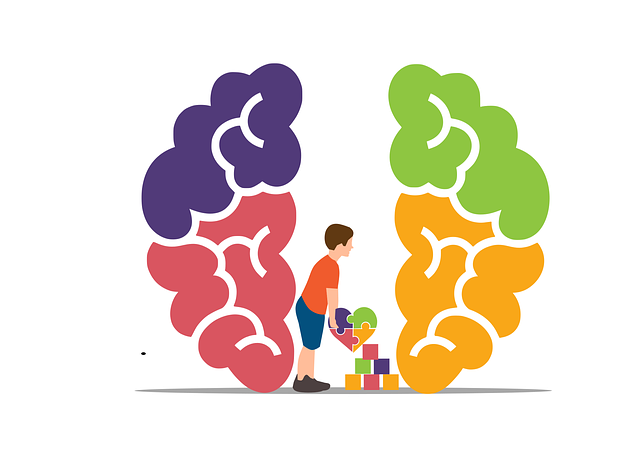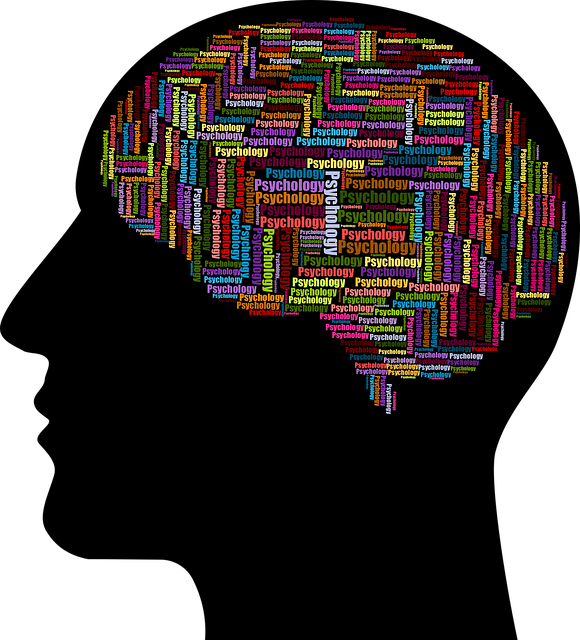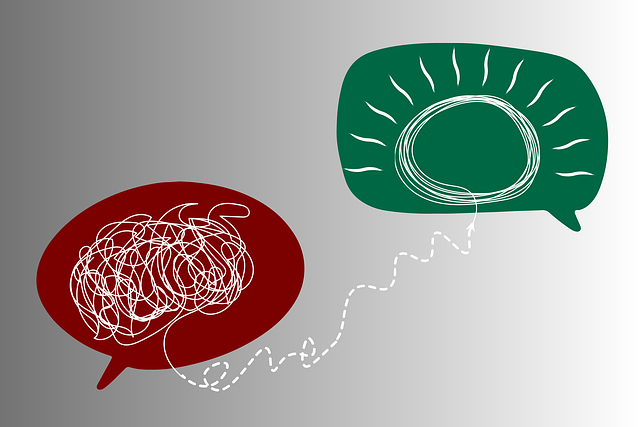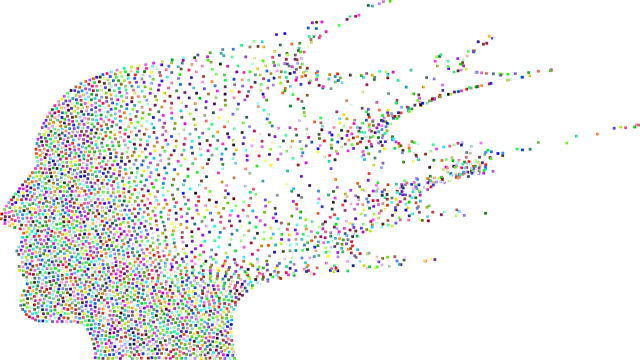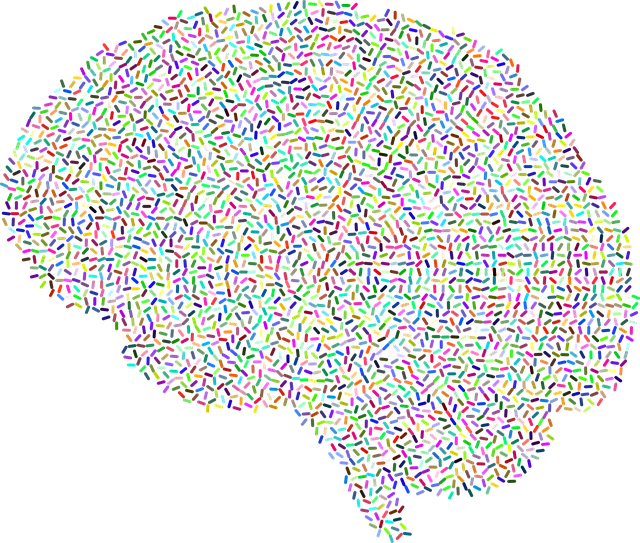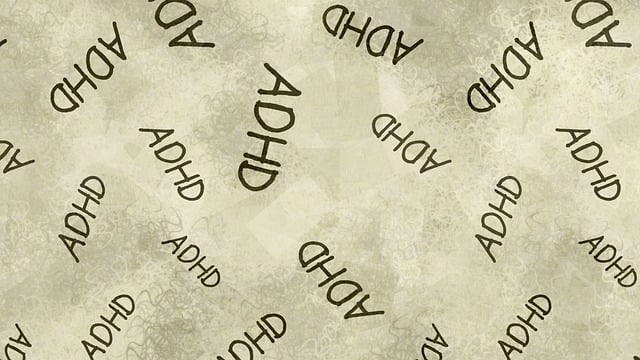Mental wellness journaling, combined with mindfulness meditation prompts, provides elders with a tailored therapy approach addressing unique challenges like loneliness and loss. By offering private space for self-reflection, it fosters self-awareness, empowers personalized conflict resolution, and enhances emotional release. Play therapy, using creative activities like art and games, offers safe spaces for expression, memory processing, and solution exploration, boosting cognitive function, mood, social interaction, and self-esteem, ultimately improving holistic mental health and quality of life for older adults.
“Unwind and reconnect with yourself through the power of mental wellness journaling—a transformative practice, especially for elders seeking improved cognitive function. This article explores the benefits of integrating play therapy into elderly care routines. From enhancing emotional well-being to stimulating cognitive health, play therapy through journaling offers a unique approach. We’ll guide you through understanding its fundamentals and creating a personalized routine to unlock mental clarity and peace.”
- Understanding Mental Wellness Journaling for Elders
- The Benefits of Play Therapy in Elderly Care
- Creating a Effective Journaling Routine for Optimal Mental Health
Understanding Mental Wellness Journaling for Elders

Mental wellness journaling can be a powerful tool for elders to navigate and improve their mental health. As individuals age, they may face unique challenges that impact their well-being, such as loneliness, loss, or changes in physical health. Journaling offers a safe and private space for self-reflection and processing these experiences. By encouraging elders to express their thoughts and emotions, this practice fosters self-awareness exercises, which are crucial for managing mental wellness.
Through regular journaling, elders can explore and develop conflict resolution techniques tailored to their lives. They may reflect on past interactions or challenges and gain insights into patterns that contribute to stress or anxiety. Additionally, incorporating mindfulness meditation prompts in journals can enhance the practice, helping elders stay grounded in the present moment and cultivate a sense of calm amidst life’s transitions.
The Benefits of Play Therapy in Elderly Care

Play therapy is an often-underrated yet immensely beneficial approach to enhancing mental wellness among the elderly population. Unlike traditional talk therapies that focus on verbal communication, play therapy leverages creative activities and imaginative play as therapeutic tools. This unique method allows seniors to express their emotions, process memories, and explore solutions in a non-threatening and enjoyable manner. Through art, music, storytelling, and games, elders can engage in meaningful activities that stimulate cognitive function, boost mood, and even serve as a form of depression prevention.
In elderly care settings, incorporating play therapy can significantly contribute to holistic mental health education programs design. It fosters social interaction, enhances self-esteem, and provides an outlet for emotional release. Moreover, it encourages physical movement, which is crucial for maintaining mobility and overall well-being in older adults. By tapping into the power of play, care facilities can create a vibrant atmosphere that promotes mental agility, relaxation, and even reduces stress levels—all essential components for improving the quality of life for the elderly.
Creating a Effective Journaling Routine for Optimal Mental Health

Creating a consistent journaling routine can be a powerful tool for maintaining and improving mental health, especially for older adults. It provides a dedicated space to process thoughts, emotions, and experiences, which is beneficial for overall well-being. Start by setting aside just 15-30 minutes each day for your journal; this regular practice will soon become a comforting habit.
Incorporate various techniques to make it engaging and effective. For instance, try writing freely about your day, expressing gratitude, or reflecting on past challenges and their outcomes. Incorporating play therapy techniques like drawing, collage, or even coloring can also add a creative element, offering unique insights and providing an alternative form of expression for those who may find words challenging. Remember, the goal is to create a safe and non-judgmental space where you can explore your mental wellness journey, ensuring that it becomes a valuable tool in managing stress and fostering resilience.
Mental wellness journaling can be a powerful tool for elders, offering a sense of purpose and an outlet for expression. As discussed, play therapy within this context provides a unique and therapeutic benefit, fostering creativity and emotional release. By establishing a consistent journaling routine, elders can experience improved mental health and overall well-being. Incorporating both written reflections and creative elements, as suggested in the article’s sections, can revolutionize their approach to self-care. Thus, encouraging play therapy alongside structured journaling routines could be a game-changer for elderly care, helping them navigate life’s challenges with renewed vitality.
